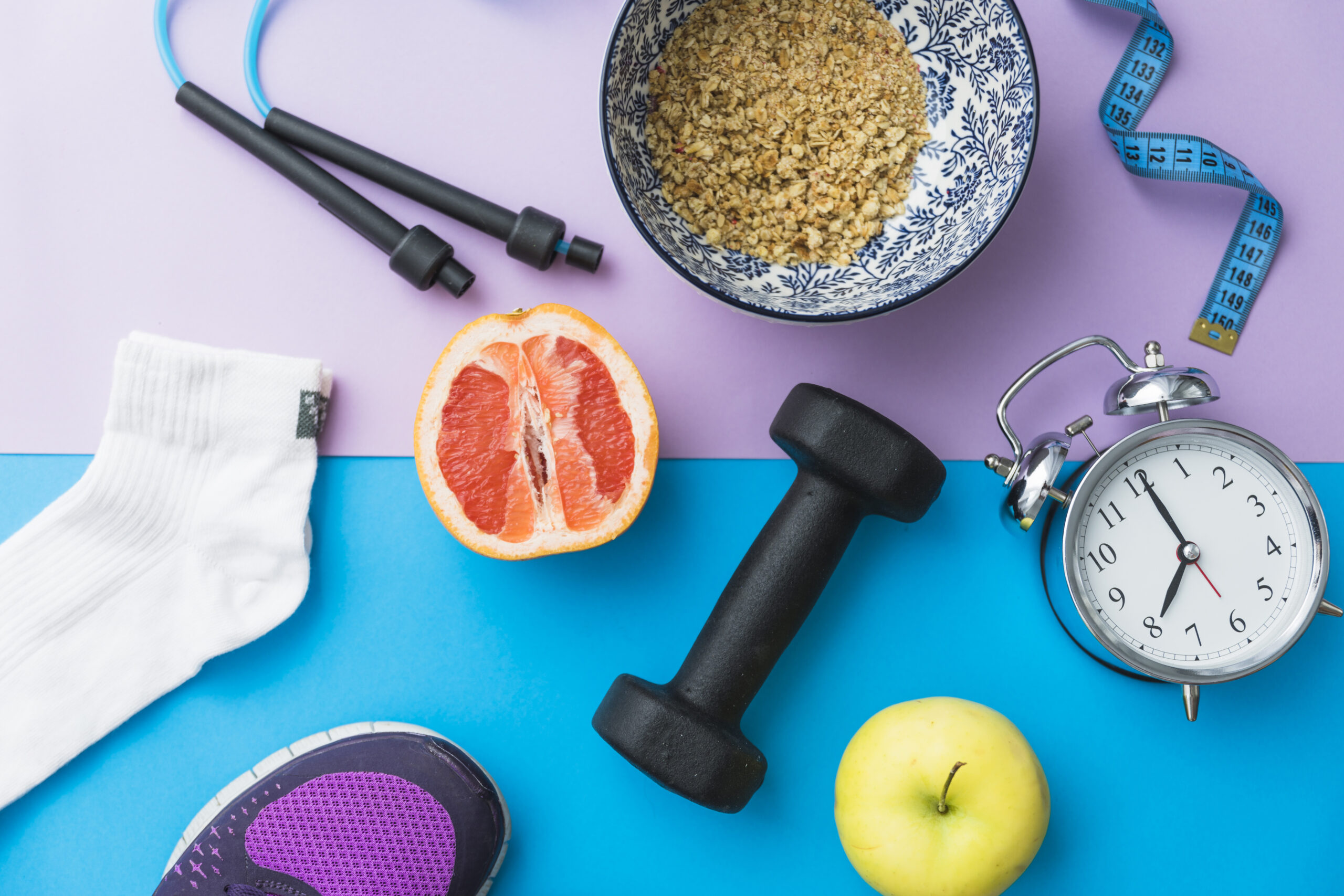Fueling Victory: The Synergy of Sports and Nutrition

Welcome to the intricate yet fascinating world of sports and nutrition. The bond between athletic performance and dietary habits has been an area of study for many decades. This article provides a detailed exploration of this topic, offering insights into how the right nutrition can optimize your sports performance.
Understanding Sports Nutrition
Sports nutrition isn’t just about what you consume; it’s about when, why, and how. It’s the study of nutrition and diet concerning improving anyone’s athletic performance. This section explores the foundations of sports nutrition, with lists and tables to give you a clear, concise understanding.
- Macronutrients: Carbohydrates, proteins, and fats are the three macronutrients your body needs in larger quantities. Each plays unique roles in energy production, muscle recovery and growth, and overall health.
- Micronutrients: These are vitamins and minerals needed in smaller quantities but are crucial for energy production, hemoglobin synthesis, bone health, and immune function.
- Hydration: Water isn’t just a thirst quencher; it’s vital for maintaining blood volume and regulating body temperature.
Nutritional Requirements for Different Sports
Different sports demand different energy systems and consequently, different diet strategies.
- Endurance Sports: Long-distance running, cycling, and triathlons are examples. Athletes need high carbohydrate intake for sustained energy, adequate protein for muscle repair, and proper hydration.
- Strength and Power Sports: Weightlifting and sprinting fall in this category. A diet rich in protein is essential for muscle building and repair, alongside balanced carbohydrate and fat intake for energy.
- Team Sports: Soccer, basketball, and rugby require a mix of endurance and strength. Hence, a balanced intake of macronutrients is necessary along with strategic hydration.
Timing Your Nutrition
Sports nutrition isn’t just about what you eat but also when you eat. Let’s explore the important meal times for an athlete:
- Pre-Exercise Meals: Aim for a balanced meal 2-4 hours before the workout or competition.
- During Exercise: If the activity lasts longer than an hour, small amounts of carbohydrates may be beneficial.
- Post-Exercise Meals: Consume a mix of proteins and carbohydrates within 2 hours after the workout to aid recovery.
Supplements for Athletes
While a well-planned diet should provide all the necessary nutrients, certain situations may require supplementation.
- Protein Powders: Helpful when athletes struggle to meet protein needs through food alone.
- Creatine: Popular among strength and power athletes for improving performance.
- Caffeine: It can enhance endurance and strength performance when taken pre-exercise.
Remember, supplements should complement a healthy diet, not replace it. Always consult a healthcare provider before starting any supplement regimen.
The interplay between sports and nutrition is undeniable. A well-planned, personalized diet can fuel athletic performance, facilitate recovery, and promote overall health. However, it’s crucial to remember that there’s no one-size-fits-all approach. Every sport and every athlete is unique. Therefore, understanding individual needs and goals, preferably with the help of a sports nutritionist, is paramount. In the world of sports, the right nutrition can be the difference between good and great.